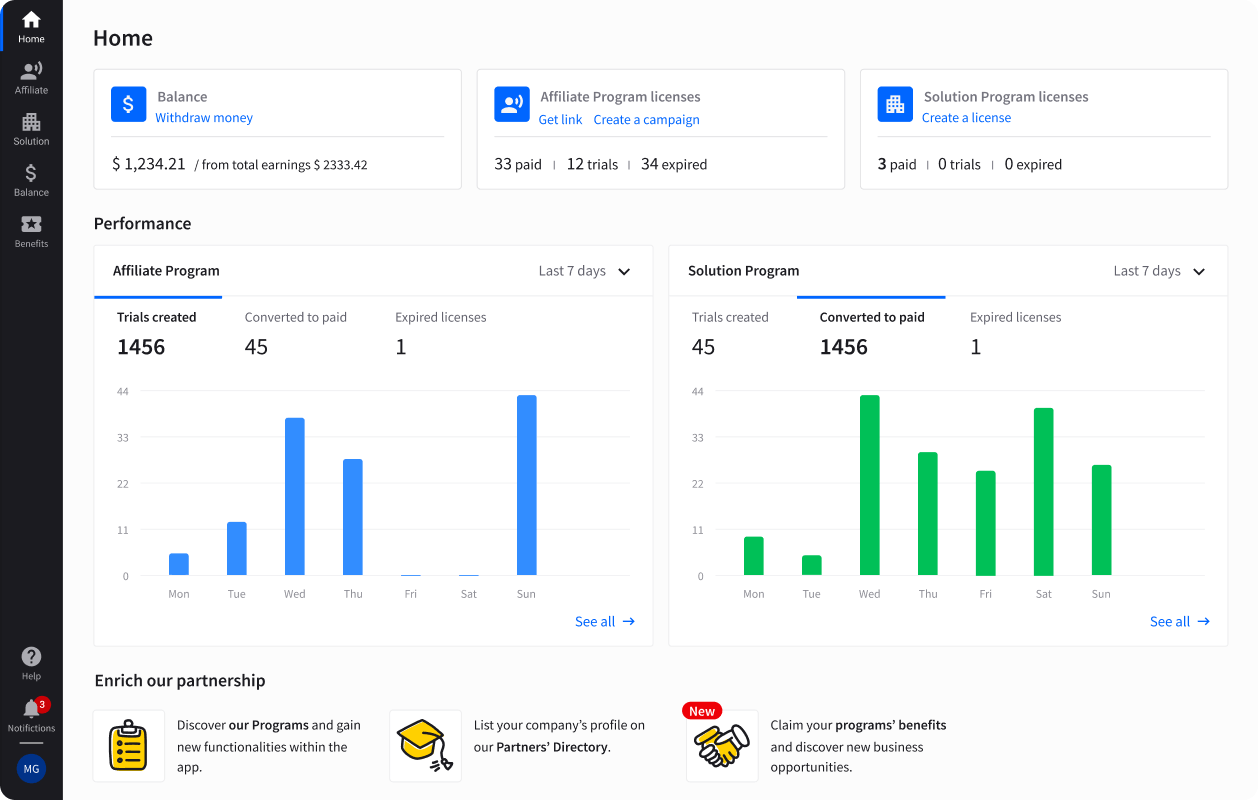Showing top 0 results 0 results found
Showing top 0 results 0 results found

You own a website, and you may think that it has nothing worth being hacked for. That couldn’t be farther from the truth. Websites are compromised all the time and hackers target websites of all natures and sizes. Simple websites are not spared. As such, you have to protect your website from hackers; website security is a must.
What is cybersecurity?
Cybersecurity, aka information technology security, refers to the body of technologies, processes, and practices designed to protect systems, networks, devices, programs, and data from digital attacks or unauthorized access.
Implementing effective cybersecurity measures is crucial as it helps to protect and secure your assets. Unfortunately, such measures are becoming more and more challenging because technology is rapidly evolving, and cyber attackers are becoming more innovative.
Website security refers to the measures taken to secure a website from cyberattacks. This is an ongoing process, an essential part of managing a website as well. All online websites must be equipped well with the necessary required security measures in place.
Why is website security important?
Hacking is regularly performed by automated scripts that are written specifically to scour the internet in an attempt to exploit known website security issues. Therefore, it doesn’t always have to be a website being hacked due to some ulterior hidden motive. Any server that is innocent can get hacked. This includes yours as well.
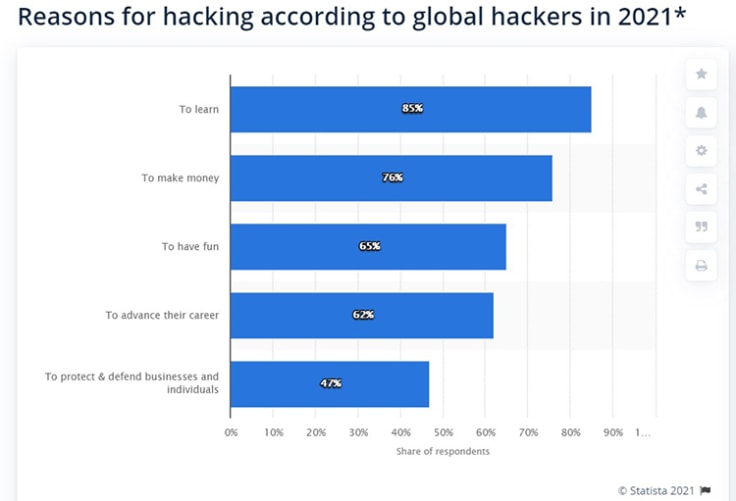
According to 85% of respondents in the said survey, many hackers hack in order to learn tips and techniques to improve themselves, while others may hack to make money, have fun, advance their career, or protect and defend businesses.
Possible website security breaches results can include:
- Stolen data.
- Disruption of regular business processes.
- Website defacement.
- Server used as an email relay for spam emails/messages.
- Server used as a temporary pirate web server (serve files of an illegal nature).
- Server linked as part of a botnet (network of hijacked computer devices used to carry out various scams and cyberattacks) for distributed denial-of-service (DDoS) attacks, a malicious attempt to disrupt a targeted server by overwhelming the target with a flood of traffic.
- Data held to ransom.
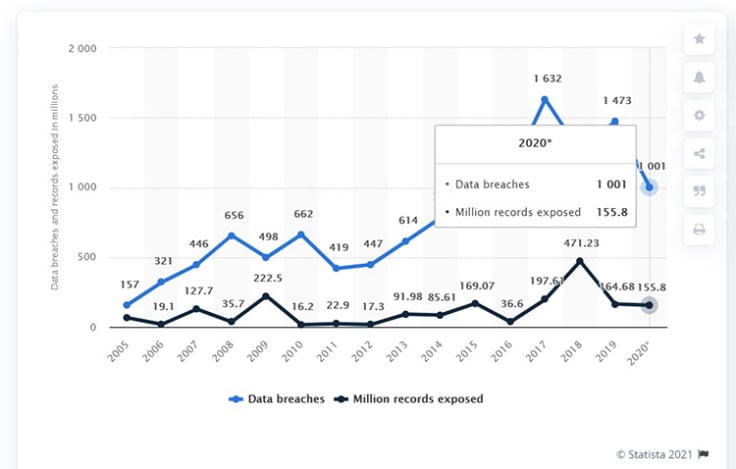
In 2020, the number of data breaches in the United States totaled 1,001 cases. At the same time, over 155.8 million individuals were affected by such data exposures, the accidental revelation of sensitive information due to less-than-adequate information security.
Nobody wants to have a hacked and compromised website, but such threats are real. Website security breaches are serious, and the repercussions of your website getting hacked are severe. You lose a significant amount of traffic, and you may find yourself slapped with numerous lawsuits, heavy fines, and last but not least, plagued with a ruined reputation.
So, here are some essential cybersecurity tips that you can implement to protect your website.
1. Choose a good & reputable hosting provider
All websites require a web hosting solution. You can think of your web host as the place where your website ‘lives’. So, the quality of your website’s home matters a lot as it impacts how well your website performs, how reliable it is, how safe it is, and even how high it ranks in search engines.
Hosting your website with a hosting provider frees you from a lot of headaches, one of them being website security, as your web hosting provider takes care of your website security. Depending on the web hosting solution you choose will determine the level of security you’ll get for your website. Therefore, go for a trusted and reliable web hosting provider who maintains a reputation for providing effective protection.
2. SSL-enable your website
When you go online, you’ll see the ‘HTTP’ in front of any link you use. HTTP is the communication protocol that transfers data between your website and any browser accessing it. So, when a user clicks on your website link, all of your content, media, and website information are sent through this communication protocol to the user.
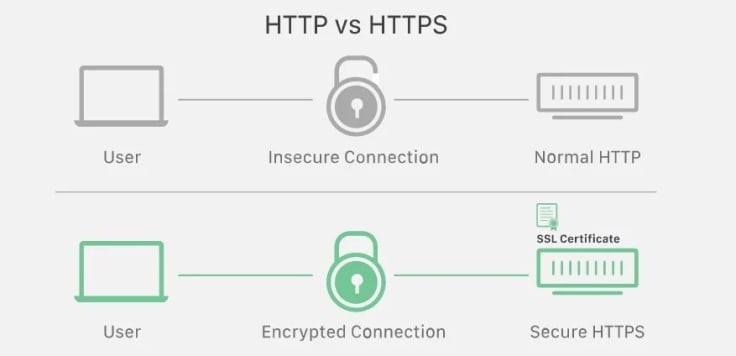
Because HTTP has some potential security issues, hackers can intercept the data while it is in transit. This is where HTTPS comes in. It does the same thing as HTTP except that your site’s data is encrypted while it’s traveling from one point to another. Since your data is encrypted, it can’t be easily accessed.
To enable HTTPS, you’ll need to get an SSL certificate, then install and activate it; a padlock sign next to your website address in the browser will appear. The purpose of this certificate is to communicate to the browsers that your site is legitimate and its data is properly encrypted.
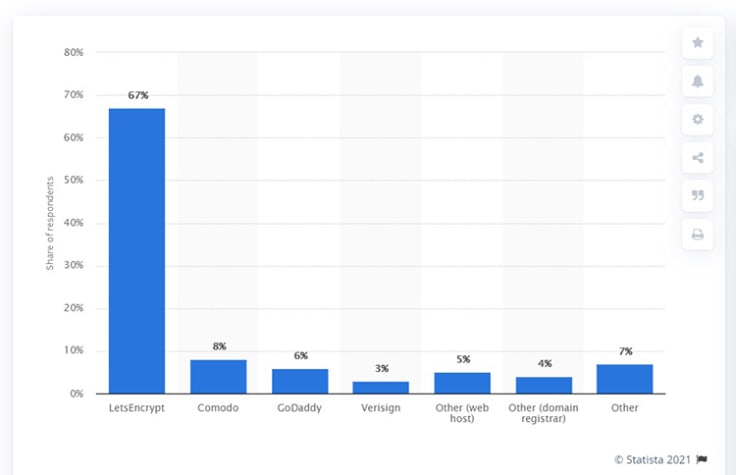
Such certificates are typically issued by certificate authorities and their prices don’t come cheap. You can get a free SSL certificate from Let’s Encrypt, a non-profit organization supported by Google Chrome, Facebook, Mozilla, and others. According to the survey done in 2017, 67% of the respondents preferred LetsEncrypt. Most web hosting companies offer SSL certificates for your website.
3. Keep software updated
Remember, if any website security holes are found in your software, hackers are very quick to attempt to abuse them. So, you have to always ensure that all such holes are properly plugged by having all your software and applications up to date. This includes the server’s operating system (OS) as well.
The internet community is constantly developing and updating its solutions. Bugs and security gaps are identified quickly and removed even faster. Such is the nature of rapidly developing technologies. As such, even when you’ve updated your server OS and software, you need to continuously do so and don’t forget to pay attention to plugins and other dependencies as well.
Simply put, your web host has to constantly update its service, software (PHP, WordPress, MySQL versions to name a few), plugins, themes, hardware, and tools to respond to the latest threats and prevent hackers from exploiting any known security vulnerability in an older version.
4. Enable web application firewall (WAF)
A firewall is typically a program that helps to block all sorts of unwanted and malicious attacks. WAF is a firewall designed specifically for websites. It can protect a specific website or a huge group of websites.
When you install and enable WAF on your website, it acts as a barrier between your website and the rest of the internet. Always go for a web host that offers a Web Application Firewall (WAF). This helps in monitoring all incoming activity and blocks anything it considers a risk.
5. Change default credentials
Never use default login credentials. You’ve got to change them. Once you do, it is a good practice to change them regularly.
When you create your website, you’ll need to create a login username and password for the admin. It is crucial to use strong passwords, a classic mixture of random letters, numbers, and symbols.
Did you know that there are lists of breached passwords online and that hackers combine these with dictionary word lists to generate larger lists of potential passwords? Well, they do, and if your passwords are listed, it’s a matter of time before your website becomes compromised.
Passwords should also be stored in your database as encrypted values, preferably using a one-way hashing algorithm such as Secure Hash Algorithms (SHA). This is so that they cannot easily be deciphered and used for malicious purposes.
6. Add new plugins & themes carefully (WordPress)
You can work with tons of readily available themes and plugins, which is one of the best things about using WordPress. These are handy tools that can make your site not only look great but also equip it with all the right features and functionalities you need.
However, not all plugins and themes are created equally. Some developers, who may be careless or just don’t have the right level of experience, can create unreliable and insecure plugins. Such poor coding practices can leave holes that hackers love to exploit.
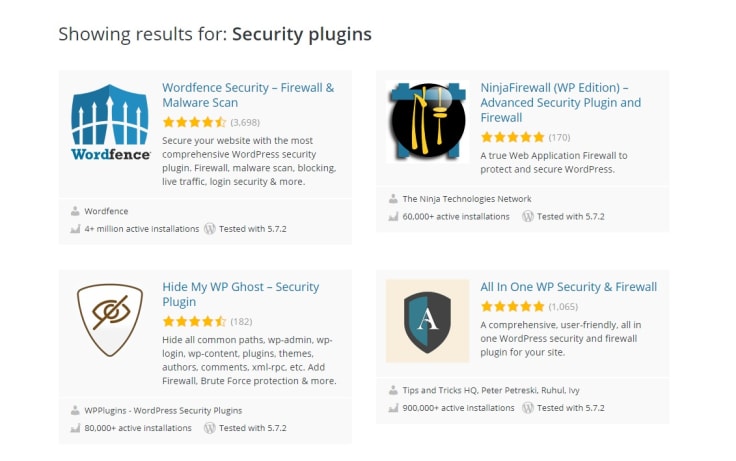
Therefore, you have to be very careful about the themes and plugins you choose to add to your site. You can check out their user ratings and reviews. Have a look at how recently the plugin or theme was updated. If it’s been longer than six months, it wouldn't be as secure as you wish it would be. Finally, source them from trustworthy and reliable sources, such as the WordPress.org Theme and Plugin Directories.
Security plugins are a must for all WordPress sites. There are many free and reliable WordPress security plugins that you can explore. They are very powerful in helping to secure your WordPress site.
7. Have hosted spam filtering
To many, spam may seem to be harmless. You couldn’t be farther from the truth as spam comes in many shapes and forms. One of them being unsolicited messages where if you accidentally click on them, can open a pathway to potential hacker attacks. It could also be a gateway to viruses/malware.
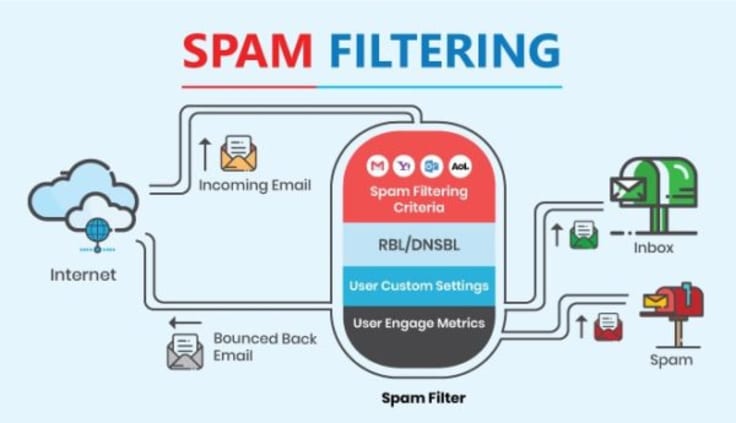
Once a hacker gains entry via such malicious messages, the whole system becomes his/her oyster. Gaining access to the files and folders that contain data for your website is one thing, but stealing sensitive information is another matter altogether.
Opting in to a hosted spam filtering service can help save you lots of problems. Most web hosting solutions come pre-equipped with anti-spam solutions. So, if you already have a web host provider and you don’t have an anti-spam solution, talk to them about getting one.
8. Schedule regular backups
Even though you implement all the necessary measures, there’s still a chance you may experience a security breach on your site. You need to have a comprehensive security plan in place, which means preparing for what you’ll do if the worst happens, even while you’re trying to ensure it never does.
Regularly performing data backup and recovery for your site is the simplest and best way to safeguard it in the event of a disaster. A backup is essentially a copy of your website data that includes all the files, content, media, and databases.
A backup is essentially a copy of your website data that includes all the files, content, media, and databases. Having this backup is handy as you can easily restore your site to the way it was before it was hacked, and you can resume business as soon as possible.
It is advised to run automatic backups as this removes the fallible human memory risk and run them frequently to ensure you’ll always have the latest content from the website. You can look into encrypting certain sensitive data on these backups as it adds an extra layer of security.
In short, creating backups of your website ensures that in the event the worst were to happen, you’d still have a recent version of your site stored safe and sound, ready to be relaunched. There are many great Backup plugins that you can use on your WordPress websites. If you already have a web hosting solution, talk to them about this.
9. Disaster recovery plan (DRP) in place
A disaster recovery plan is a structured step-by-step approach that describes how an organization can quickly resume work after an unplanned incident. It aims to help an organization resolve data loss and recover system functionality fast so that it can perform in the aftermath of an incident.
As cybercrime and security breaches become more frequent and sophisticated, it is important for any organization to define its data recovery and protection strategies as you need to reduce downtime and minimize both financial and reputational damages.
Your web host must have all these in place, including the means to continuously monitor the network for any suspicious activity. This is a more proactive approach which all web hosts need to have. Additionally, a good web hosting company must have the relevant tools to prevent large-scale distributed denial-of-service (DDOS) attacks.
Conclusion
If your website is hacked, you’ll spend a lot of precious time just trying to salvage and repair the damage. You can either permanently lose all data or see your sensitive information get stolen, including your clients’. This is why you MUST invest in time and effort from the beginning to ensure this nerve-wracking situation never occurs.
The level of security you’ll get for your website highly depends on the type of web hosting solution you go for. In general, using a managed WordPress hosting service provides an overall more secure platform for your website as it provides the much-needed advanced security configurations to protect your website.
Security is never a set-it-and-forget-it solution. Instead, it is a continuous process that requires constant monitoring and constant assessment to reduce the overall risks. The above are some of the essential security tips that you can implement to help secure your website. Talk this out with your web hosting provider.



